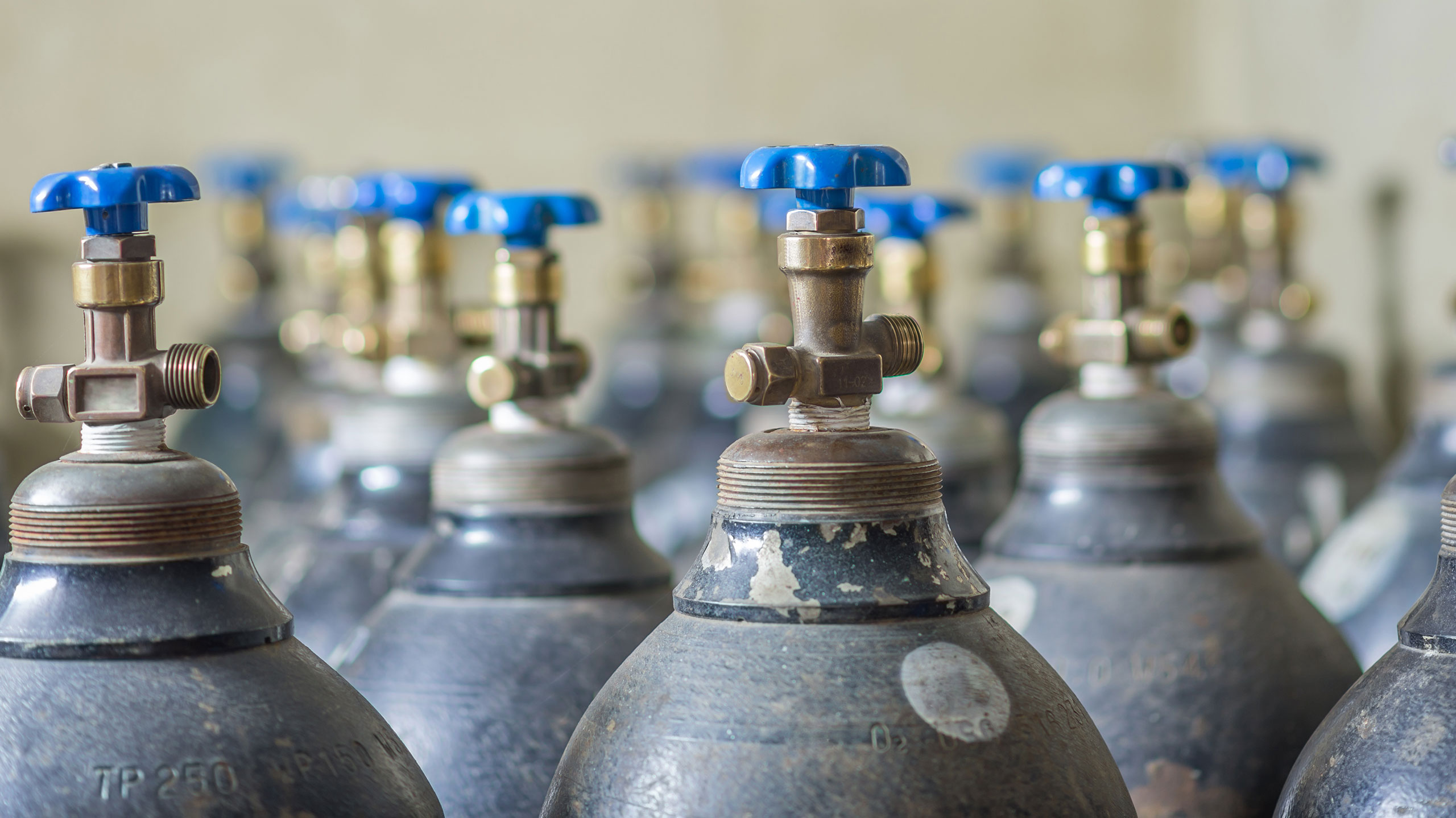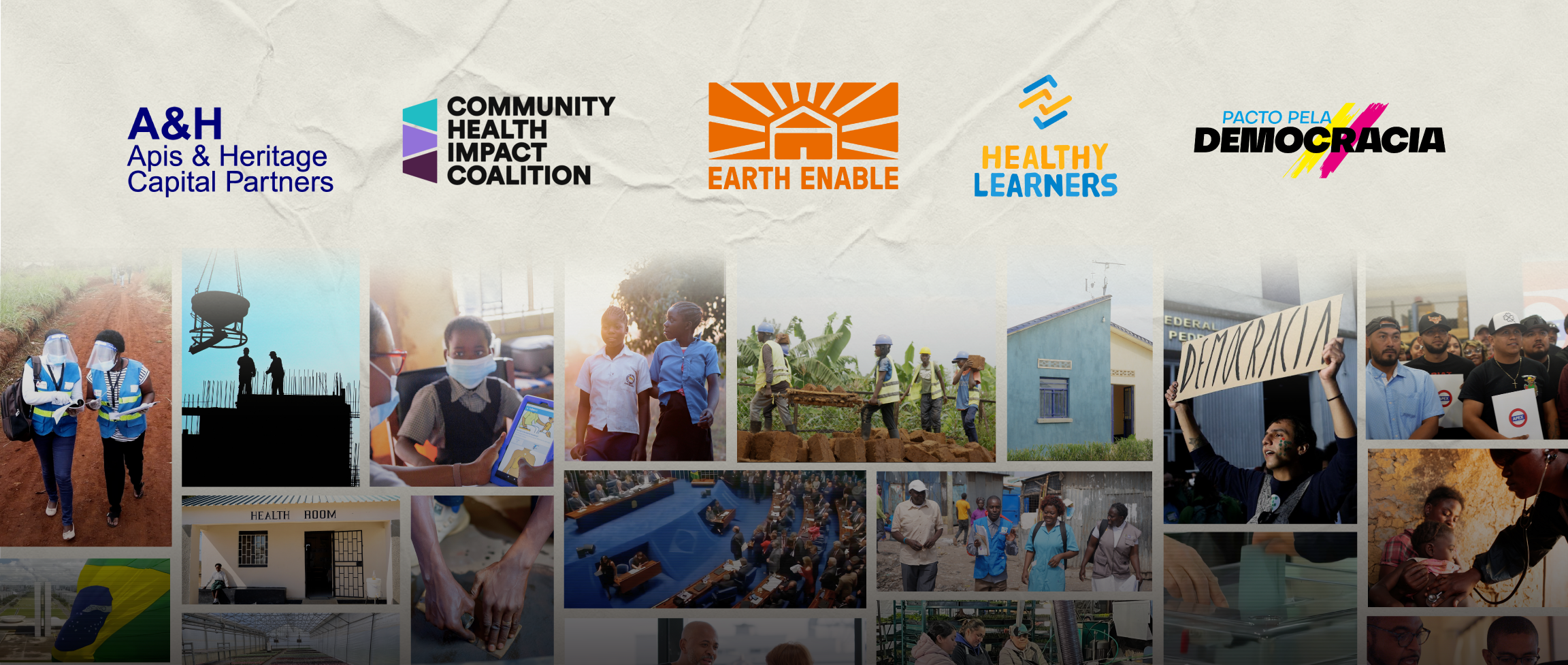The Skoll Foundation Joins Global Effort to Address Large Shortfalls in Medical Oxygen
Today, the Skoll Foundation announced its continued commitment to expanding access to medical oxygen to respond to COVID-19 and also strengthen health systems over the long-term. Skoll supports proximate social innovators in sub-Saharan Africa addressing key gaps in medical oxygen infrastructure and developing and deploying innovative business models for oxygen production.
The Skoll Foundation joined five donor countries, multilateral organizations, and foundations to address the large shortfalls in patient access to oxygen, including those hospitalized with COVID-19 in low- and lower-middle-income countries (LMICs) around the world.
Skoll is an anchor funder of Oxygen Hub, a social enterprise that brings affordable, life-saving medical oxygen to underserved populations. Oxygen Hub works directly with local entrepreneurs to increase a sustainable supply and streamline the distribution of medical oxygen in Ethiopia, Kenya, and Nigeria.
The Skoll Foundation is also supporting Build Health International to repair oxygen plants across 15 countries in sub-Saharan Africa and build long-term, local maintenance capacity by training biomedical engineers on the continent.
The Government of Germany, the Global Fund, Unitaid, and the U.S. Agency for International Development are part of this global effort to address the medical oxygen crisis.
Background on the Global Medical Oxygen Crisis
Even prior to COVID-19, access to medical oxygen was inadequate to meet the needs of health systems in most LMICs. Since then, headlines reporting oxygen shortages and their tragic consequences have multiplied, making access to oxygen a key plank of the COVID-19 pandemic response. Oxygen is an essential treatment for severe COVID-19. With oxygen therapy alone, 75 percent of patients hospitalized can survive the infectious disease.
Since the start of the pandemic, donors around the world have mobilized more than $800 million in grant financing to help LMICs avert oxygen shortages. These investments have already helped millions of patients, and will be vital components of systems needed to respond to future health emergencies.
An additional $1 billion is needed to prevent further oxygen shortages in LMICs in the next year alone. More support from governments, foundations, high net worth individuals, and the private sector is critical.



